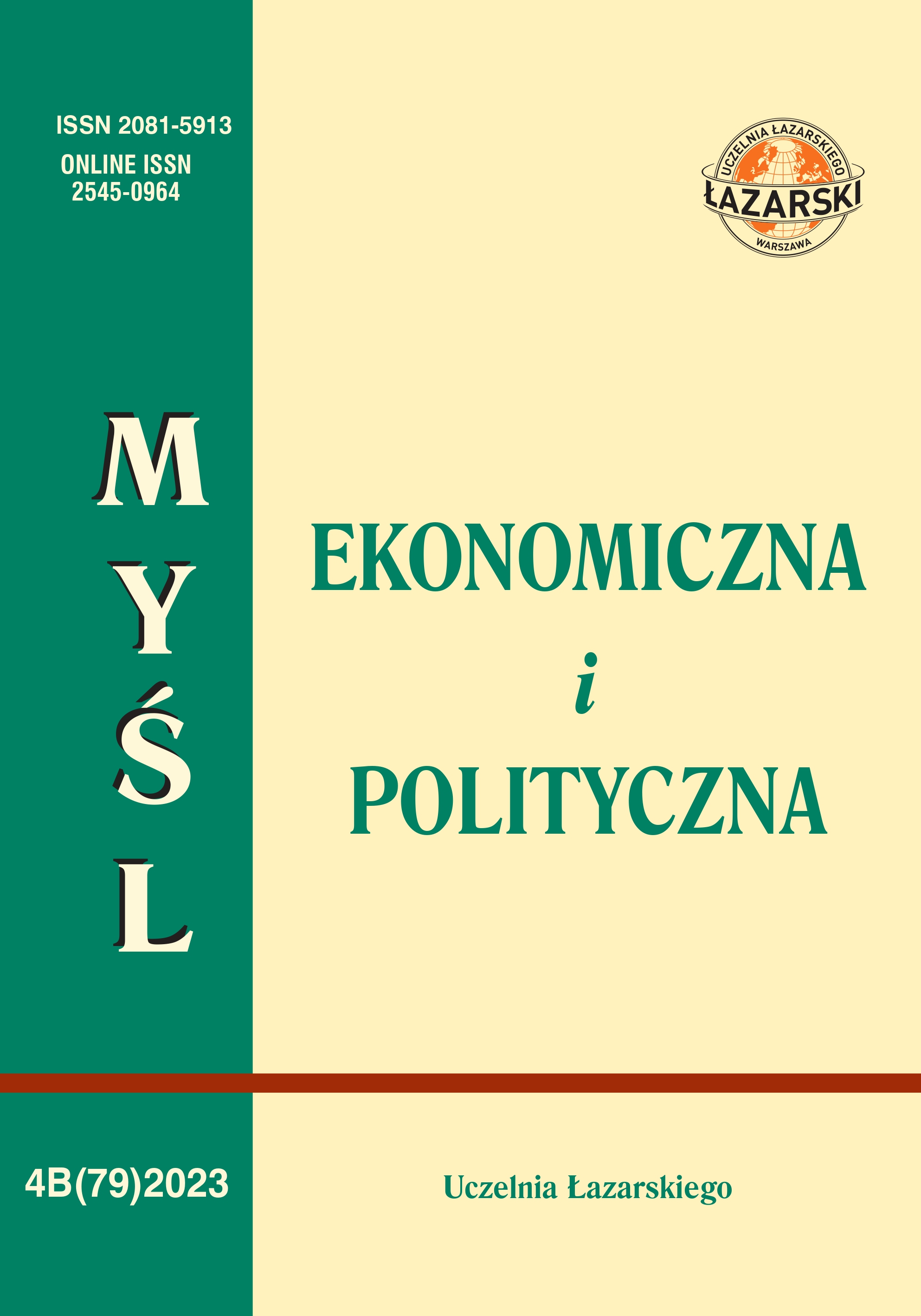Abstract
Following Germany’s unification and the end of communism, Polish–German relations experienced remarkable improvement, transforming from a heavily guarded frontier into a practically invisible border. This transformation facilitated EU enlargement, increased trade, and enhanced people‑to‑people contact, with Polish services catering to German customers, and German supermarkets offering bilingual displays. Until 2015–2016, perceptions of this relationship consistently improved in both countries, with Poland’s former foreign minister Bronisław Geremek famously calling Polish–German reconciliation ‘a miracle’. However, this honeymoon period ended when the socially conservative and Eurosceptic Law and Justice (PiS) party won Poland’s 2015 elections, remaining in power for eight challenging years until losing their majority in October 2023. Unlike previous post‑1989 governments, PiS did not prioritise relations with Berlin, and actively worked to counter perceived Franco–German EU dominance. Key contentions included divergent approaches to Russia, migration, climate policies, and European integration. Historical tensions resurfaced as Warsaw threatened to sue Germany for wartime reparations, while Poland’s departure from liberal‑democratic principles – undermining its Constitutional Court and judicial independence – created domestic incompatibility with Germany’s fundamental values. Previously, scholars attributed progress in Polish–German relations to European integration’s consensus‑building impact, similar to Franco–West German relations during and after the Cold War. However, questions arose about whether this mitigating effect diminished as Poland achieved full EU membership and claimed stakeholder status in the integration process. The analysis argues that while Europeanisation’s importance for Poland’s domestic transition has weakened, it still plays a vital role in Warsaw Berlin relations. Despite the turbulent 2015–2023 period, Polish–German relations would have been far more problematic without that continues to encourage cooperation between both capitals.
